Engineering Specialized Vehicles for Unique Applications

Specialized vehicle engineering refers to the field of engineering that focuses on designing, modifying, and customizing vehicles for specific purposes or industries. It involves integrating specialized features, technologies, and modifications to meet the unique requirements of the intended applications.
Key aspects of specialized vehicle engineering
Concept Development: The conceptualization of a vehicle design based on the specific requirements of the client or industry. This involves understanding the intended purpose, operational conditions, regulatory compliance, and desired performance characteristics.
Design and Development: Once the concept is established, engineers start to work on the design and development of the specialized vehicle. This includes structural engineering, mechanical systems, electrical systems, and integration of specialized equipment or technologies. Computer-aided design (CAD) software and simulation tools are commonly used during this phase to ensure optimal performance and functionality.
Modification and Customization: This stage may include altering the chassis, suspension, powertrain, or body structure to meet specific requirements such as load capacity, off-road capabilities, or safety enhancements. Customization can also include adding specialized features like hydraulic systems, communication systems, or storage compartments.
Integration of Specialized Equipment: Specialized vehicles often require the integration of specialized equipment or systems to fulfil their intended purpose. This could include installing firefighting systems, medical equipment, communication systems, laboratory equipment, or any other equipment specific to the industry or application.
Performance Optimization: Boosting the vehicle’s performance parameters such as speed, power, efficiency, and manoeuvrability to enhance its functionality for the intended application. This can involve fine-tuning the powertrain, aerodynamics, suspension, or control systems to achieve the desired performance characteristics.
Safety and Compliance: The design, modifications, and components of specialized vehicles needs to meet applicable safety standards and regulations specific to their application. This may involve conducting rigorous testing, including crash tests, to validate the vehicle’s safety performance.
Examples of Specialized Vehicles
Emergency Response Vehicles: Ambulances, fire trucks, and police vehicles that are engineered to provide rapid emergency response and carry specialized equipment for their respective roles.
Example: Hazmat Command Vehicle (Seoul)
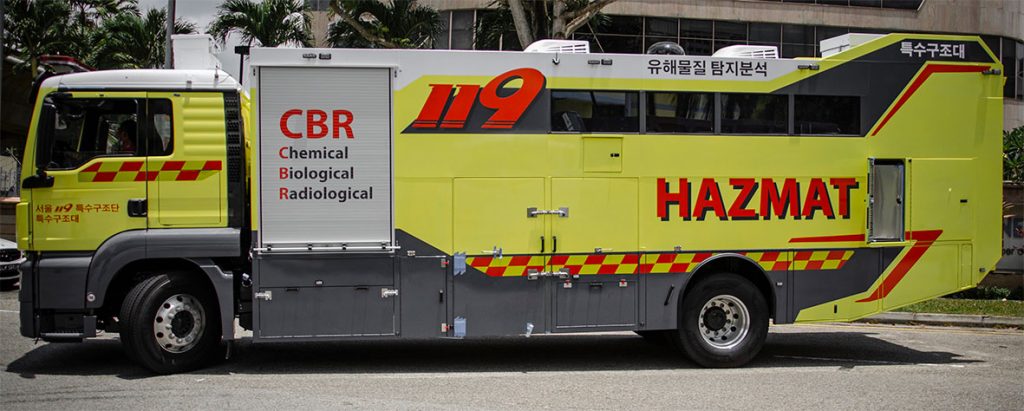
Ordnance Vehicles: These include tanks, armoured personnel carriers, and military trucks designed for combat operations, troop transport, and logistical support.
Example: Omnidirectional Weapons Loader (O.W.L)
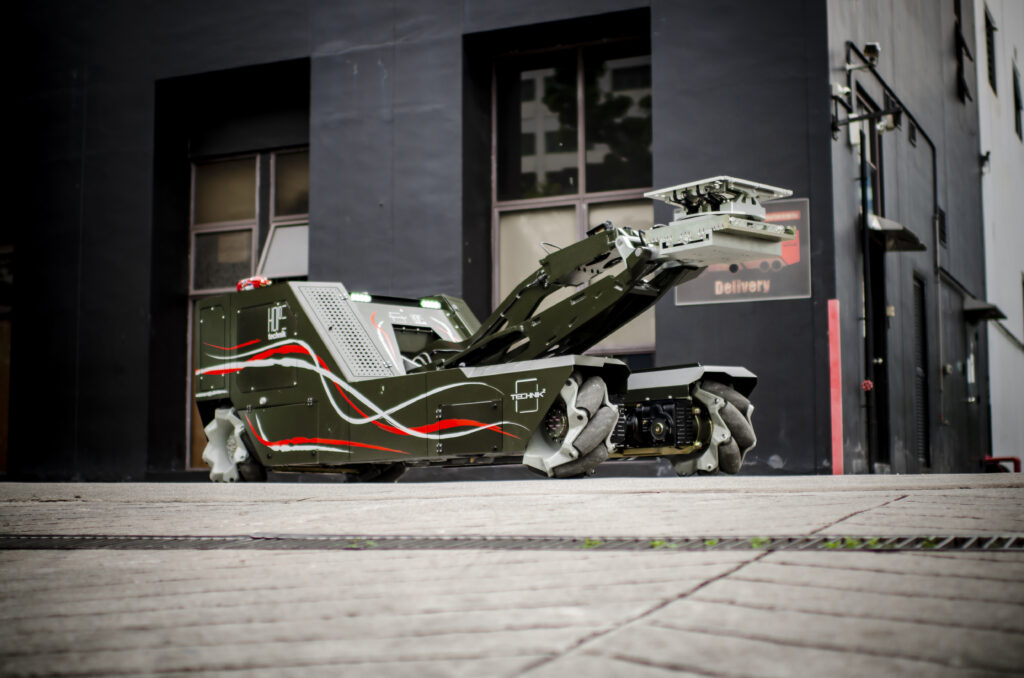
Construction and Heavy Equipment: This category encompasses vehicles like excavators, bulldozers, cranes, and dump trucks used in construction and mining industries. They are designed for heavy-duty operations, with features like reinforced frames, hydraulic systems, and large load capacities.
Example: Automated Wheel Loader
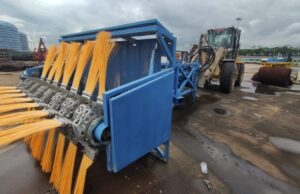
Special Purpose Vehicles: These include vehicles designed for specific purposes, such as mobile medical clinics, mobile laboratories, mobile command centres, and mobile classrooms. They are customized to provide services in remote locations or during emergencies.
Example: Medical Support Vehicle
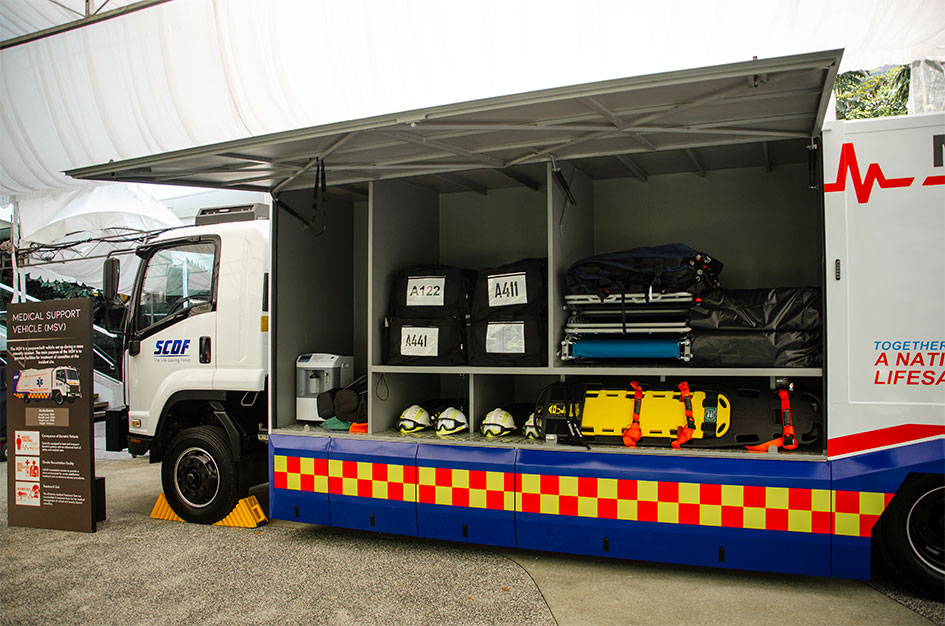
Electric and Hybrid Vehicles: Engineering advancements have led to the development of specialized electric and hybrid vehicles. These include electric cars, hybrid buses, and electric motorcycles designed to reduce emissions and increase fuel efficiency.
Example: Carbon Fiber Monocoque Chassis (Electric Vehicle)
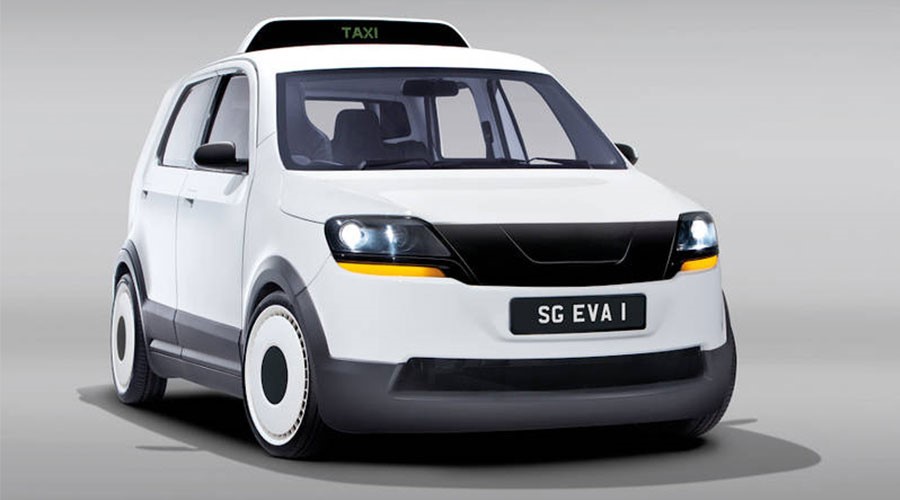
When developing specialized vehicles, engineering plays a crucial role in designing and integrating components, ensuring safety and reliability, optimizing performance, and meeting industry standards and regulations. It requires a multidisciplinary approach involving mechanical engineering, electrical engineering, or robotics, depending on the specific vehicle type and industry requirements to deliver safe, efficient, and purpose-built vehicles.
TRIGEN Automotive is a division of HOPE Technik that specializes in manufacturing of special function vehicles. For more information, visit https://www.trigenautomotive.com/

